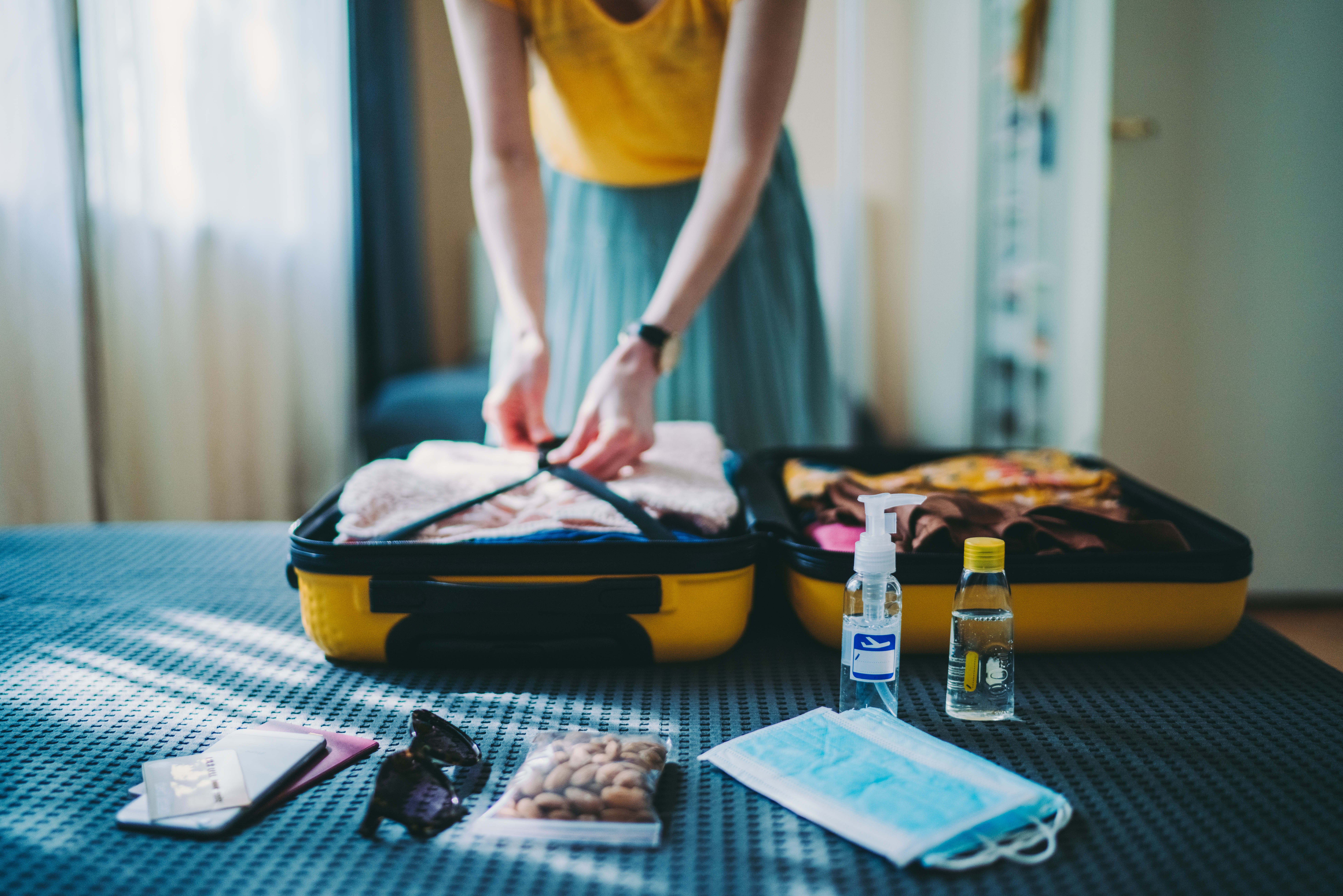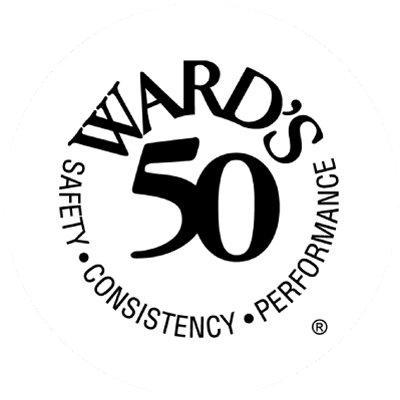
The highly contagious delta variant of COVID-19 has made some Labor Day plans a bit more difficult. With cases, hospitalizations and deaths on the rise, you may be considering changing your Labor Day weekend plans, but there are still ways to celebrate as safely as possible.
Stay home if you feel sick
Before heading out anywhere, if you feel sick, stay home and consider getting a COVID-19 test.1 The highly contagious delta variant has slightly different symptoms, so in addition to cough and shortness of breath, the delta variant can also present with fever, fatigue, muscle or body aches, headache or sore throat, among others.
Check state and local guidelines before traveling
- Before making plans to travel outside of your immediate area, research travel restrictions or visitor guidelines for your destination. State, local or territorial governments may have quarantine requirements or require a negative COVID test.
- When traveling internationally, knowing guidelines and restrictions is even more important. Be sure you know of any travel, mask-wearing, testing or quarantine guidelines that may be different from those of the United States.
- When flying, the CDC also recommends checking for additional guidance or requirements from your airline.
Pack plenty of masks
- When traveling, be aware of local and state guidelines, including mask mandates, as regulations vary across the country, especially in areas with high transmission rates.
- The CDC now recommends universal masking in areas of high transmission2, regardless of vaccination status.
- Many businesses are recommending or even requiring masks again.3
- In addition, TSA will continue to require masks through January 2022 for public transportation like airplanes, trains, and buses, including stations.
- Be sure to not only pack a mask but back-up masks, as once a mask gets wet or dirty from long periods of use, it provides less effective protection.
Don’t forget the hand sanitizer and disinfecting wipes
- On airplanes or trains, use disinfecting wipes to wipe down your seat and tray table before use.
- Remember to frequently wash your hands thoroughly for 20 seconds, but if soap and water aren’t available, use hand sanitizer that contains at least 60% alcohol.
Spend time outdoors rather than indoors
- The CDC continues to say that outdoor gatherings with plenty of room to spread out are the safer option when it comes to spending time with people outside of your household.
- Mask-wearing is an extra layer of protection even outdoors, especially if you can’t remain at least six feet apart from others.
If you’re vaccinated, bring your vaccine card
- Some cities require proof of COVID-19 vaccination for indoor venues like restaurants and gyms. If you’re traveling to an area that requires this proof, don’t forget to pack your card with you.
- If you’re concerned about carrying your card – for example, if it doesn’t fit in your wallet or you’re afraid of losing it – there are ways to store it on your smartphone.4
Hosting a barbecue? Tips for safely hosting an outdoor barbecue or picnic
- For social distancing purposes, limit the number of people you invite for an outdoor event.5
- Limit shared items (such as serving utensils), provide single-use utensils or provide items such as ketchup in single-serve paper cups, have hand sanitizer available at all times, and restrict inside entertaining.
Heading to the lake or beach? Stay COVID safe with these tips
- Maintain social distancing, between you and people who don’t live with you, both in and out of the water.6
- Wear face coverings on land, especially when physical distancing is difficult. Do not wear them in the water, though, as it may be difficult to breathe.
- Don’t share goggles, nose clips, snorkels or other personal items.
While travel and leisure-time activities have been disrupted due to the pandemic, you can still enjoy the summer by taking common sense precautions to protect yourself and your family.
Sources:
5. https://www.aarp.org/home-family/friends-family/info-2020/labor-day-coronavirus.html



